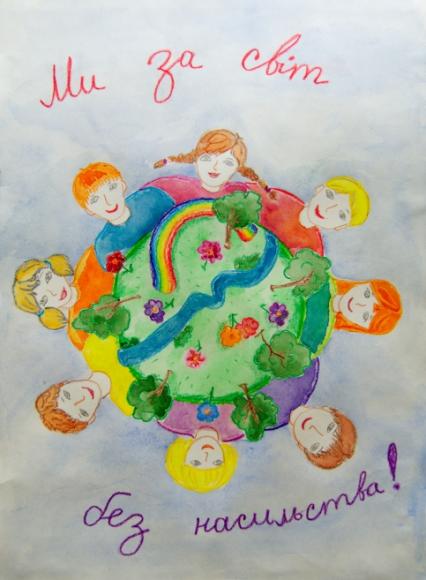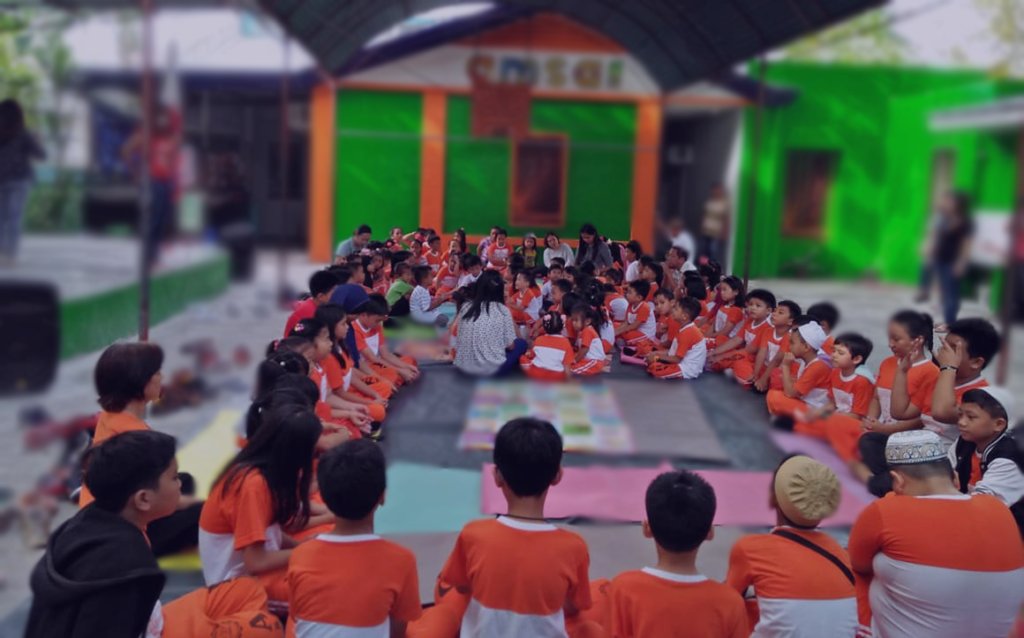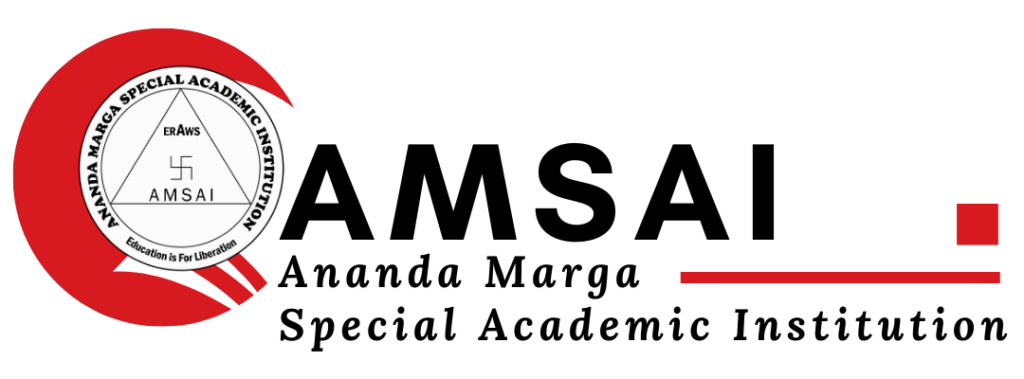CURRICULUM
“Educated are those who have learnt much, remembered much and made use of their learning in practical life.”
“The thirst for acquiring knowledge will have to be aroused in students. A sense of reverence and devotion as well as discipline will have to be taught. Along with this, a scientific outlook will also have to be inculcated.”
– Shrii P.R.Sarkar
WHOLE CHILD LEARNING
The curriculum in an NHE school addresses the whole development of the child. All aspects of the personality are developed – physical health, practical skills, moral integrity and strength, emotional balance, socio- ecological awareness and responsibility, intellectual knowledge, creative expression, intuition and spiritual understanding.
VALUES AND UNIVERSAL LOVE
Emphasis is given to moral education and the inculcation of idealism. The curriculum nurtures universal love for the entire created world and transmits ethical values through all disciplines. Neohumanist Education fosters respect for all, regardless of culture, religion, race or nationality. This love and respect is extended to animals and plants and the earth’s ecosystems. Children learn these principles through lessons and through their relationships with students and with teachers as well as through the practice of meditation.
YOGA AND MEDITATION
Yoga and Meditation are practiced daily at the beginning of the day. Yoga exercises help children stretch and relax promoting flexibility and health. Meditation helps to calm and concentrate the mind and still the body, freeing the mind from both internal and external distractions, as the children peacefully center themselves for the busy day ahead. It also develops the children’s imaginative and intuitional capacities and fosters a feeling of universal love for the oneness of all of creation.
METHODS AND APPLIED LEARNING
Top priority is given to creating and sustaining the love of learning. The teaching approach is guided by the child’s natural thirst for knowledge and aims to create life long learners who are capable of applying their knowledge in practical life for the welfare of all. A balance between individual and group instruction is employed. By providing a rich environment and a variety of educational choices, we help children direct, develop and expand their own interests and unique talents and address their multiple capabilities or intelligences. We emphasize, “learning by doing,” integrating “hands on” activities into real life experiences. Young children learn best through the medium of games and play. We help sustain their ability to imagine, play, and visualize in many of our activities. In all grades, the arts are central to the learning process as aesthetics provide a joyous momentum for learning and life. Critical thinking is encouraged and freedom from dogmatic or narrow ideas is fostered. Care is taken to create an ideal learning environment.
TEACHERS
An affectionate and respectful relationship between teachers and students is considered key in the free and easy exchange of ideas, optimizing learning. Teachers are role models for children and therefore above all they should be of high moral character and disciplined, embracing the principles of Neohumanism in their own personal life. Teachers need to have pleasing personalities and strong interpersonal skills with the ability to communicate clearly. Teachers must have an abundant knowledge of the subject matter, the interest and ability to continually learn and the creativity to meet the interests and needs of the students.
EARLY CHILDHOOD
Very young children are guided towards maximizing their full potential – physical, intellectual, emotional, social, creative, intuitive, spiritual – through play, art, stories, songs, and a wide variety of interactions. Teachers support children in establishing a firm foundation for a meaningful life with the development of pro-social skills such as cooperation, sharing, generosity, and equanimity. Considerable emphasis is given to nurturing the concepts of kindness to self, kindness to others, and kindness to the created world. Through the study of nature and our numerous interrelationships, children begin to become aware of the intricacies of the laws of cause and effect.
PRIMARY AND SECONDARY
In all subjects there is a focus on creating ethical and universal values, necessary in becoming a compassionate and valuable member of the world community. Character building, emotional intelligence, communication, conflict resolution and other practical life and decision making skills are taught in coordination with the academic subjects. The arts are incorporated in all instruction and a sense of aesthetics is fostered. Language Arts features a careful selection of great literature. Instruction in a second language commences at an early age. Science includes ecological and environmental instruction and an appreciation for the web of all creation. An expanded social studies curriculum fosters a deeper understanding of history with a universal and non-discriminatory outlook for the present and future. The practice of yoga and meditation develop all around well being and universal love. Learning is applied both in school projects such as in a school newspaper, and outside school projects such as in community service.
ADULT AND HIGHER EDUCATION
All institutes, programs and activities for adults support NHE’s core values of spiritual progress, social and economic justice, respect for all living and non-living beings, and community empowerment.






